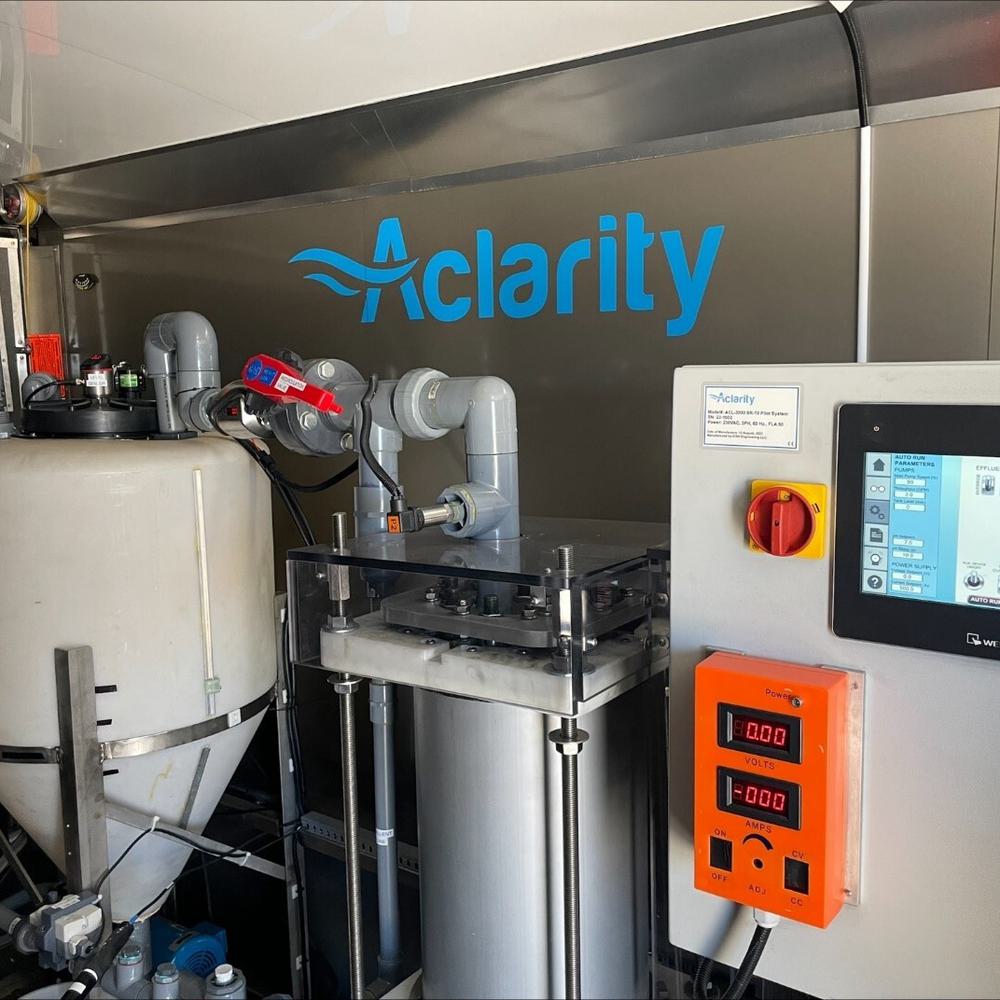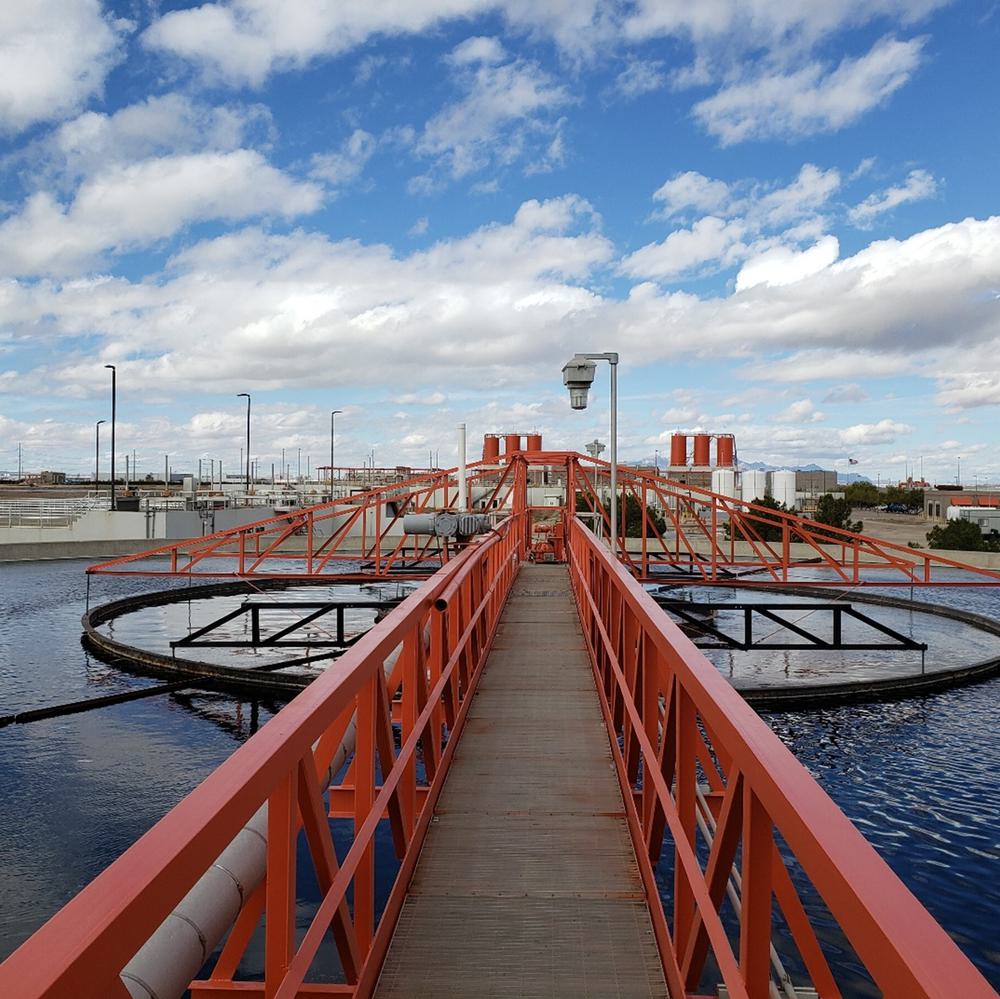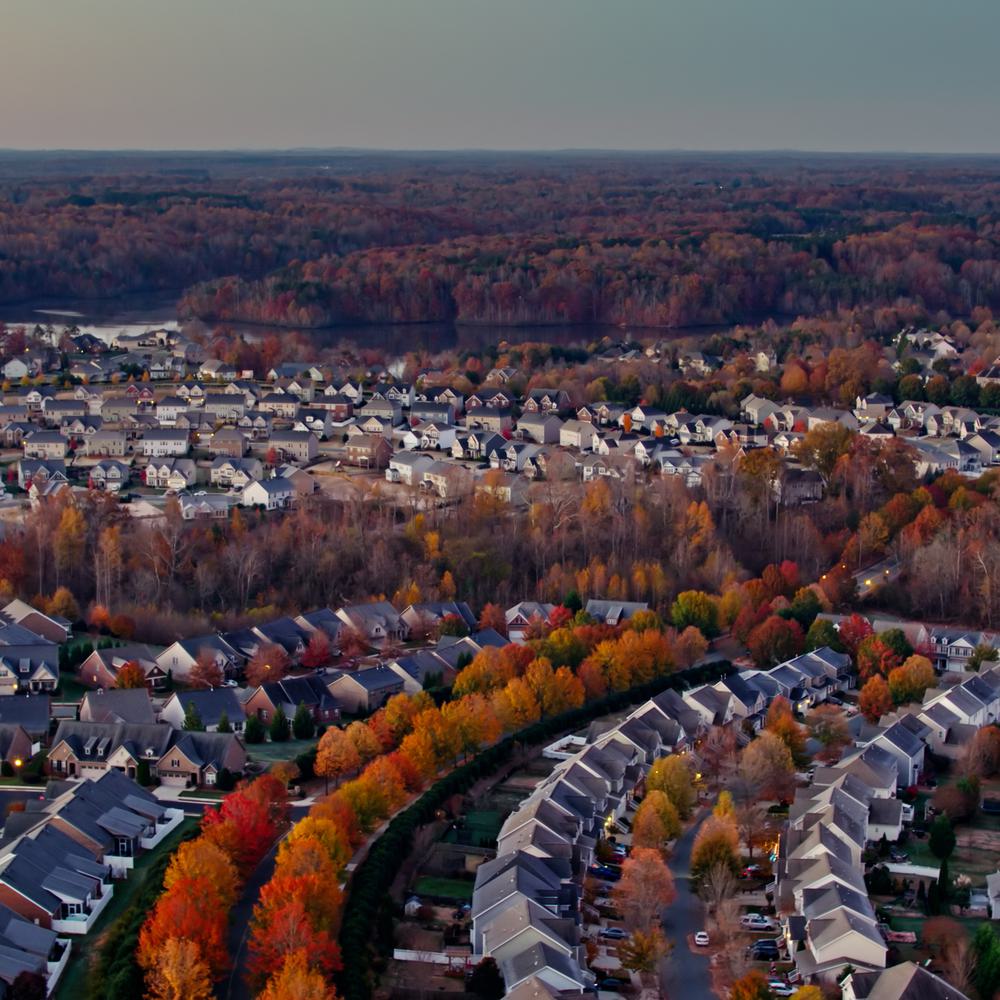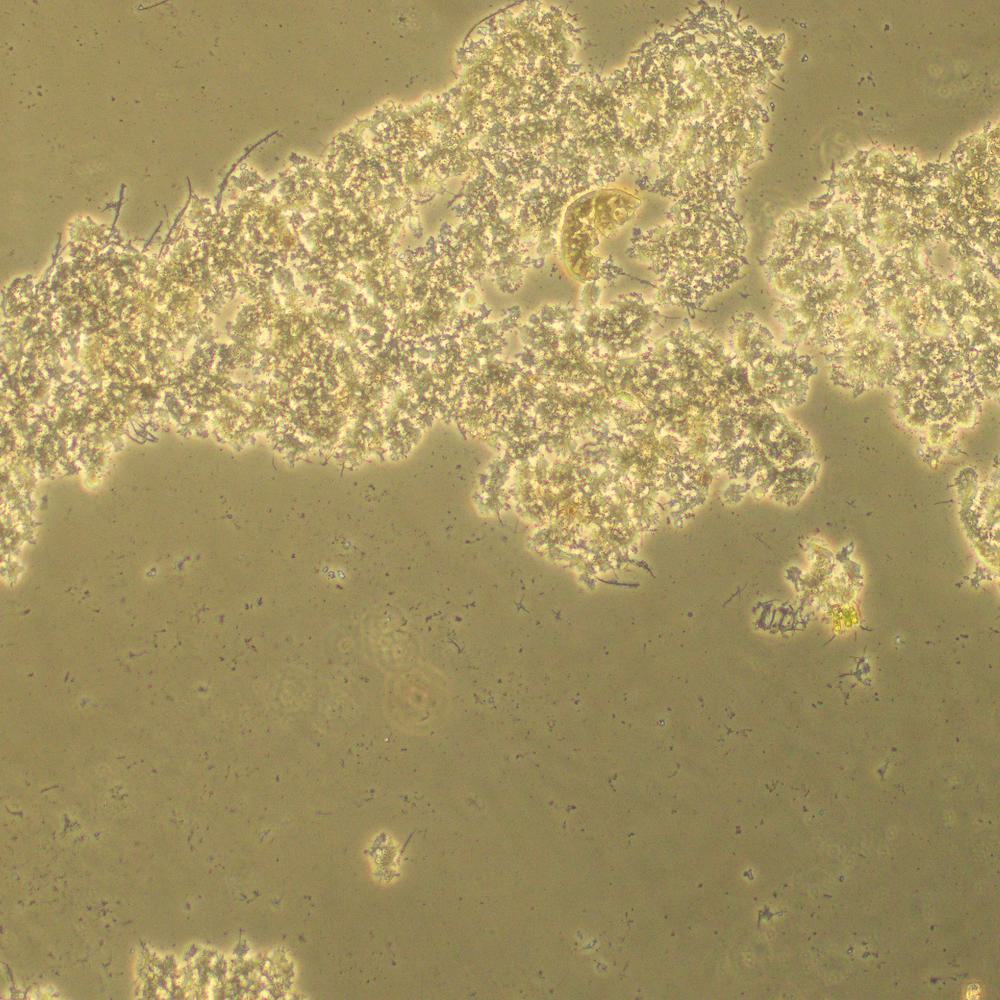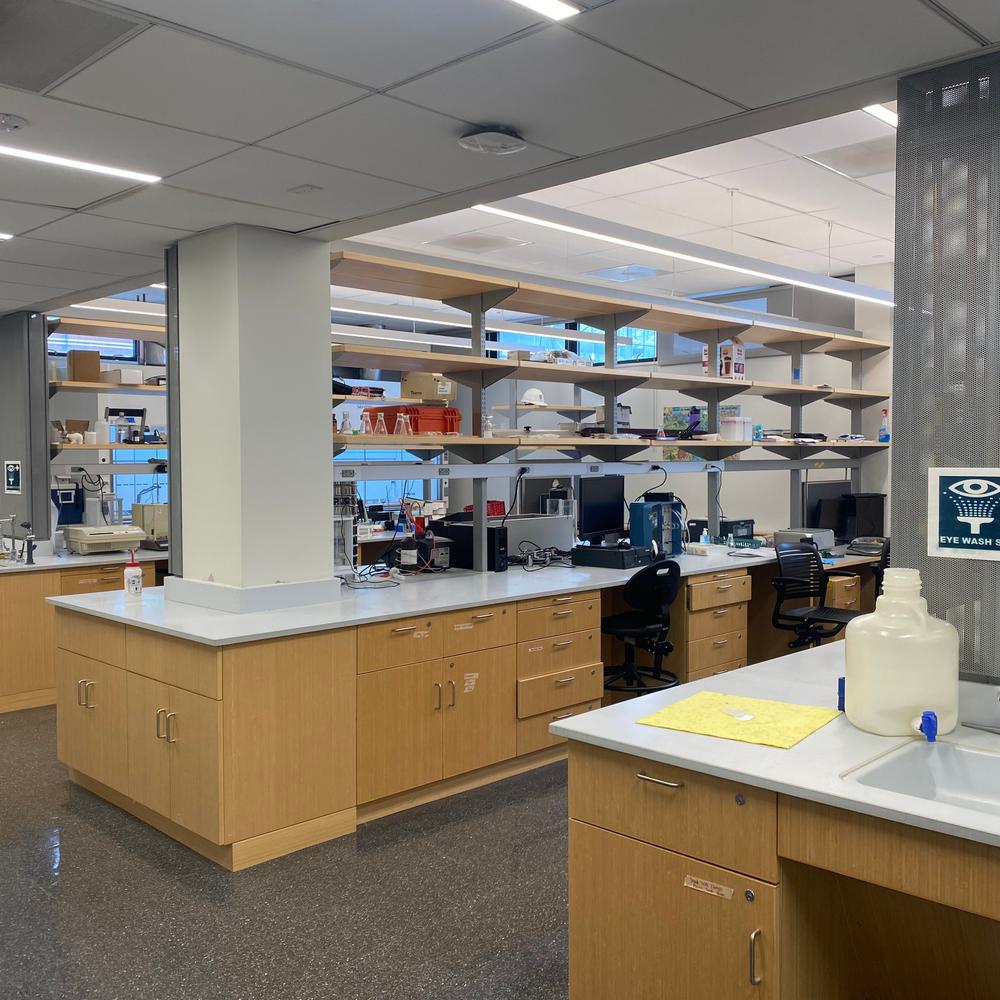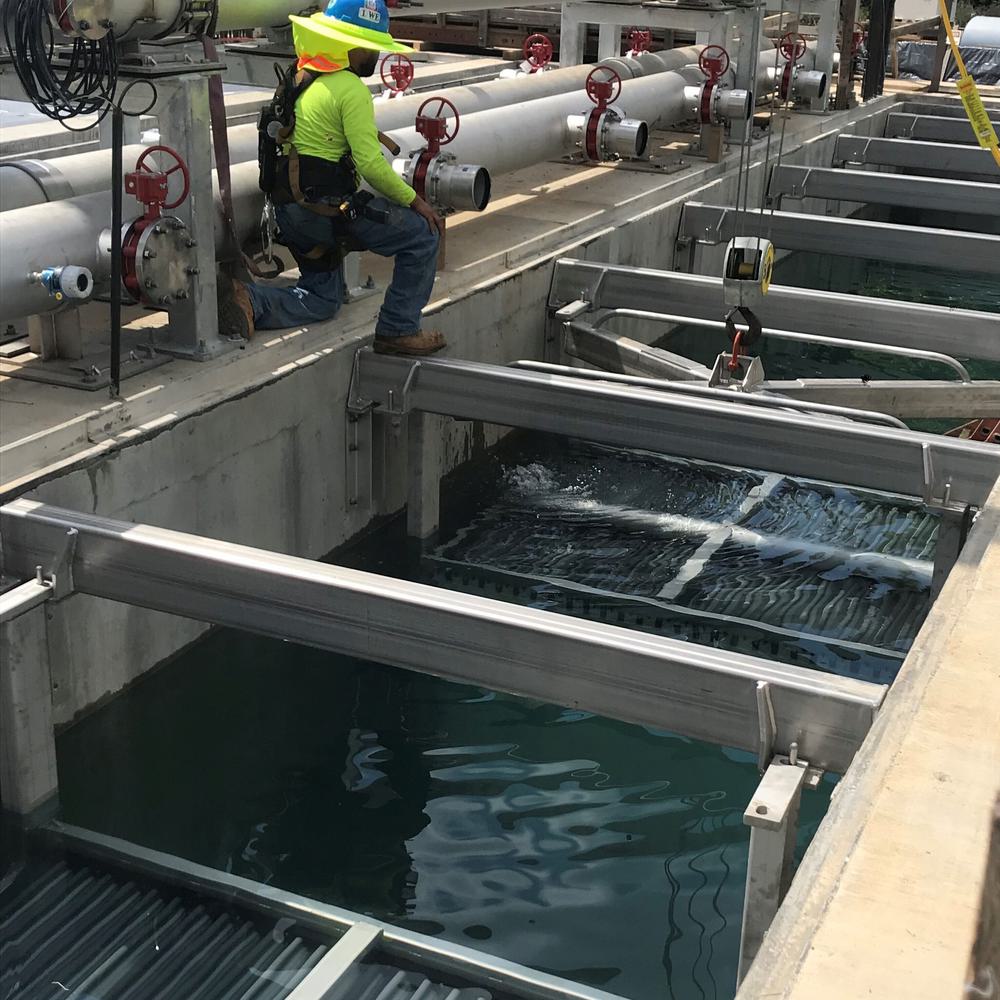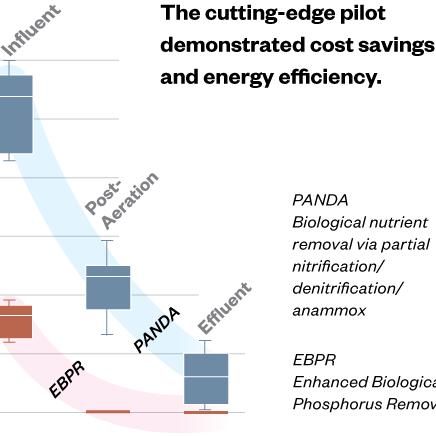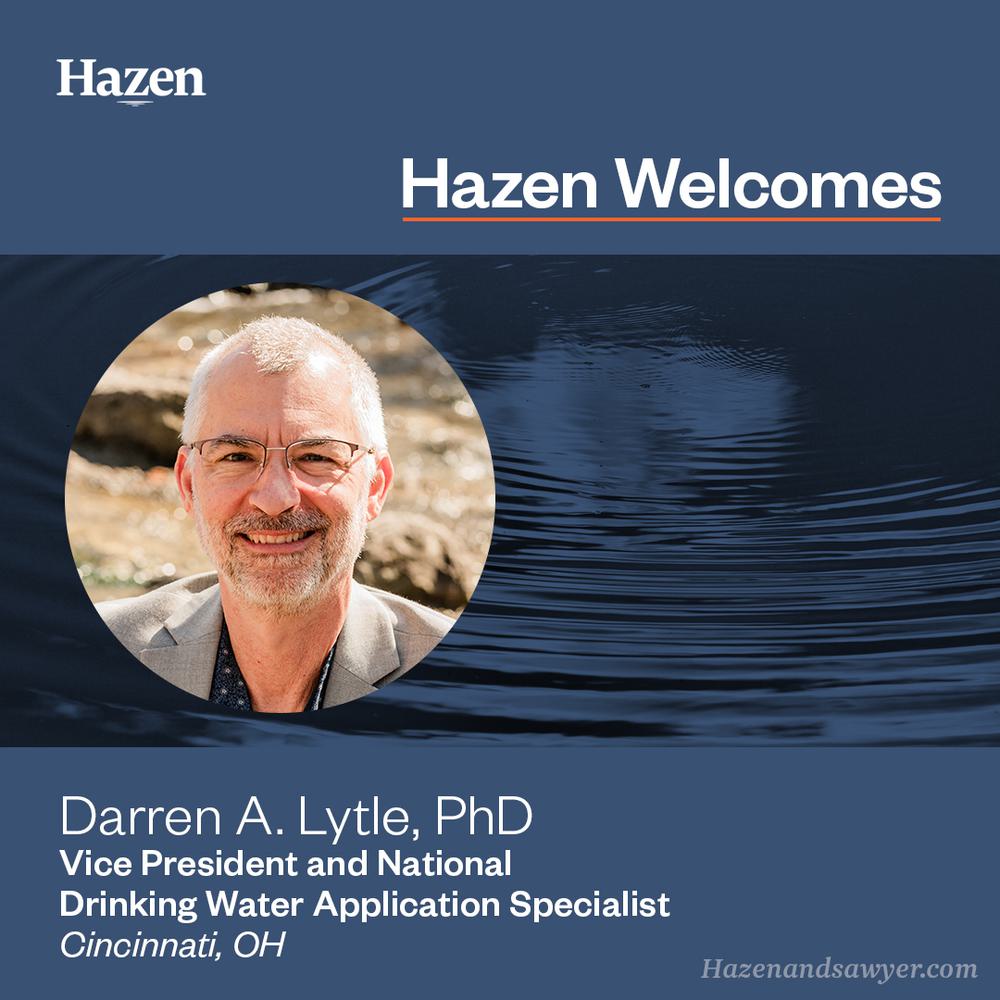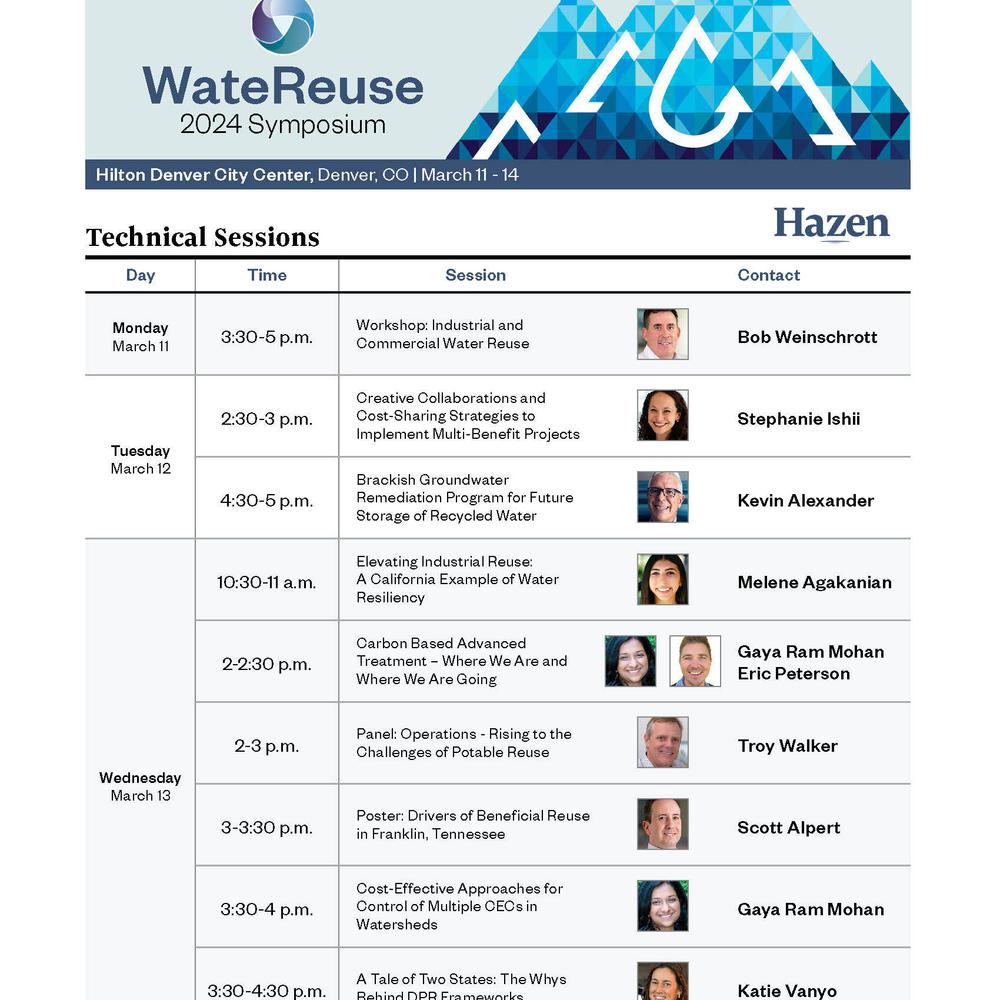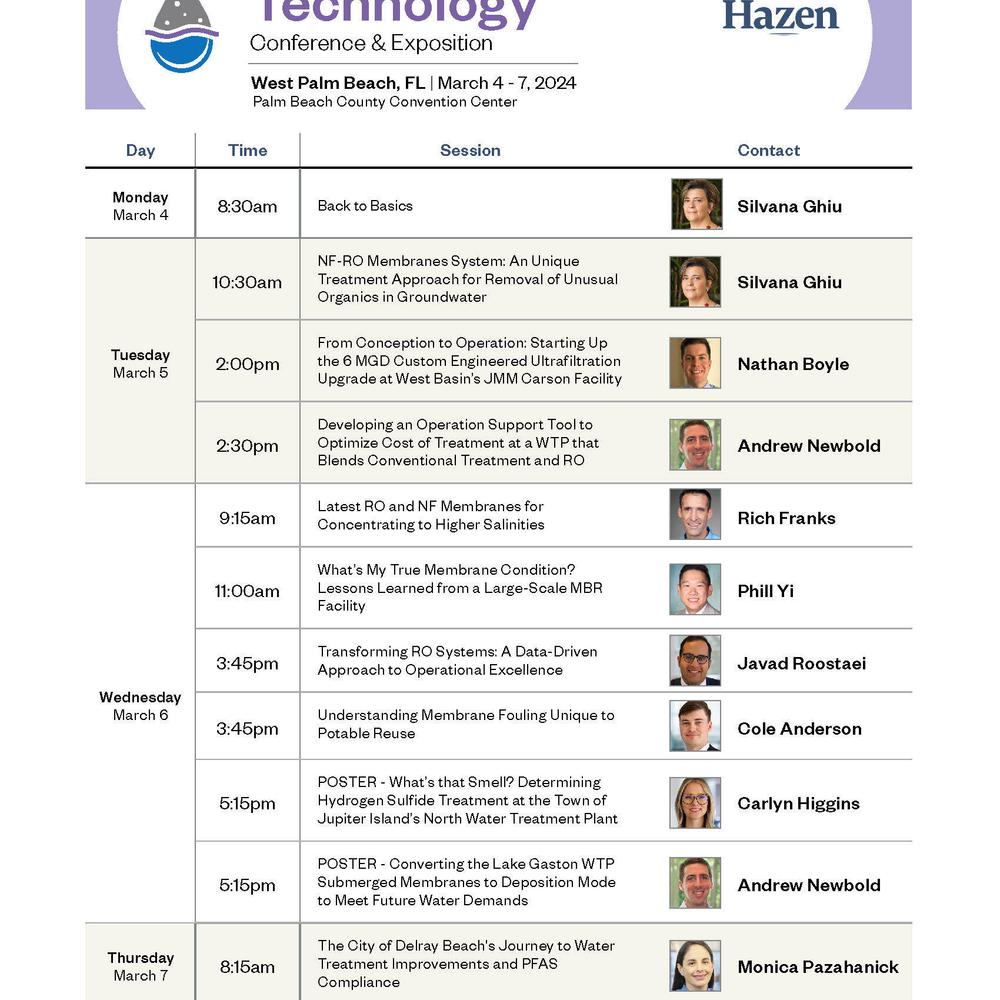Hazen to Design IPR Pilot Treatment Systems in California

The full-scale implementation of the projects would encompass multiple facilities, discharge locations, conveyance systems, technical challenges, and regulatory requirements. Hazen’s team has identified the critical elements (FPUD WRP Upgrade, Livestream Discharge, Fate of FPUD Water, Lake O”Neill, Recharge, CPEN IPR System, and the Ocean Outfall) that will significantly influence full-scale feasibility.

“Completing the Water Cycle” for FPUD and CPEN with the addition of IPR projects will allow recycled water that is currently lost to the ocean to be infiltrated into the groundwater basin.

A base treatment train of tertiary filtration with chlorine disinfection, ozonation, biologically active filtration (BAF), membrane filtration (MF), and ultraviolet light (UV) will satisfy virus/Cryptosporidium/ Giardia (V/C/G) log removal value (LRV) and water quality requirements.

The tracer test will measure the underground retention time of the IPR water to verify log removal for regulatory permitting in California.
(SAN DIEGO, CA) - The Fallbrook Public Utility District (FPUD) and U.S. Marine Corps Base Camp Pendleton (CPEN) are pursuing indirect potable reuse (IPR) projects to treat existing reclaimed water for recharge into the Santa Margarita River basin for future potable use.
Hazen and Sawyer will perform an initial study to develop the overall concept, design the pilot treatment systems, assist with regulatory compliance, provide oversight to the operations of the pilot system, and produce a feasibility report based on the results of the pilot study.
The pilot project will consist of two pilot facilities and a tracer study. One pilot facility will be located at FPUD’s water reclamation plant and will be designed for livestream discharge to Fallbrook Creek. The other pilot facility will be located at Camp Pendleton’s Southern Region Tertiary Treatment Plant and will be designed to convey treated water to the percolation ponds. The pilot projects will determine the best treatment processes at each location as well as the feasibility of utilizing reclaimed water to augment groundwater in the lower Santa Margarita River basin.
FPUD and CPEN currently discharge approximately 2.6 million gallons per day (3,000 acre feet per year) of treated effluent into the Pacific Ocean through a local ocean outfall. These IPR projects, if constructed, would allow that water to be recovered and turned into a sustainable water supply for the Santa Margarita River groundwater basin.
The two projects have different conditions to consider. FPUD has a Conjunctive Use Project currently under construction that will convey water from the Santa Margarita River basin for advanced treatment and distribution to its customers. That project could potentially allow water undergoing tertiary treatment and disinfection to be discharged and stored in the groundwater basin and later extracted and treated to meet potable water standards. The CPEN project requires the water to be advanced treated to address different regulatory conditions and salinity limits within the basin.
FPUD is the lead contracting agency for the project and was awarded a grant for the study. The pilot project will first determine and validate the necessary treatment technologies required to meet the regulatory requirements for both facilities to recharge water to the aquifer.

